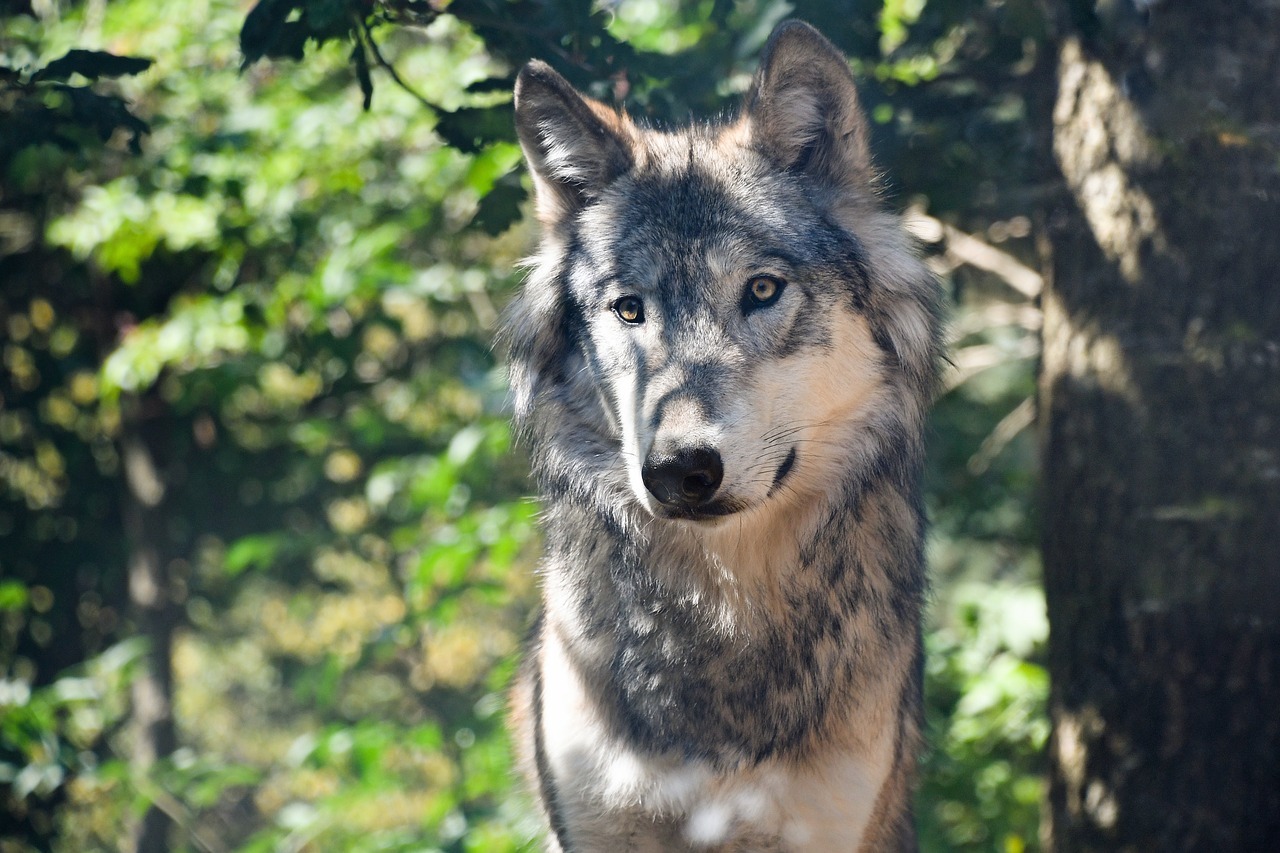The “wolf within the dog” that makes them man’s best friend
The common perception of the link between our furry friends and the wolves they descended from is often that the domestication of dogs is what lead to their status as man’s best friend. However, a recent study shows that this progression may not be as simple as that. There may be other factors aside from human intervention that caused the development of their traits, and so the differences between wolves and dogs are perhaps not as extensive as first thought.
In the study, led by Friederike Range and published by Scientific Reports, it was observed that it is the characteristics in behaviour that wolves and dogs have in common that enables them to work well with humans. Whilst the two animals operate in differing ways, ultimately both were able to “cooperate intensively” and reached the same conclusion successfully, albeit through varying means. The similarities in behaviour between the two indicate that, contrary to the previous thought, it is not solely the domestication of dogs that made them into the loveable pets we know them as now. Instead, it is the “wolf within the dog” that lends itself to this behaviour, or the instinct that they derive from their ancestors that contributes to their ability to cooperate.
The similarities in behaviour between the two indicate that, contrary to the previous thought, it is not solely the domestication of dogs that made them into the loveable pets we know them as now
Whilst the two were shown to be able to work with humans, you may want to hold off on adopting a wolf for the time being. The wolves involved in the test were more likely to use their own initiative and figure out new ways to solve the issue in contrast to the dogs, who waited to see what the humans did and essentially copied that behaviour. The level of cohesion within members of the species also differs, as wolves tend to utilise teamwork whereas the domestication of dogs means they are less dependent on the rest of the species. If we were to try and keep wolves as pets alongside our poodles, hypothetically the puppy dog eyes aimed to gain treats could manifest itself instead in a wolf gang uprising. Which of the two is harder to battle is up for debate.
The tendency of dogs to copy human behaviour rather than forge their own decisions is why they are able to be trained relatively easily and, moments of weakness that lead to shoes being chewed up aside, mean they can be taught to be well-behaved. Unlike their wolf ancestors, they have been conditioned to be submissive to their owners and the results affirmed this distinction.
Whilst the two were shown to be able to work with humans, you may want to hold off on adopting a wolf for the time being
These new findings could cast doubt on our understanding of what we thought we knew about the domestication of canines. However, it remains clear that traits which contribute to making them such great companions – such as their amiability and tolerance – are still characteristics cultivated through domestication. It’s worth noting that the study worked on the basis that in both cases, the role of early socialisation amongst humans was a vital component of enabling the relationship. Given that this early socialisation was in place, the assumption was that the two animals would be equal in terms of level of cooperation, which was observed to be the result.
Ultimately, whilst the study suggests that wolves would be just as capable as dogs to complete tasks alongside humans, there are inherent traits of aggression and pack mentality that distinct them from our lovable pets. The characteristics of cooperation and the adorable puppy howls have transferred over, with the crucial omission of the more ‘wild’ instincts to create the amiable dog that has such a prized place in homes. Perhaps most importantly, I imagine it would be a lot harder to get a wolf into a cute outfit for that viral Instagram video and so, despite these new findings, our canine friends retain their position as the top dogs in our lives.

Comments